GRADUATE STUDIES



Since 1965, the University of California, Irvine has combined the strengths of a major research university with the bounty of an incomparable Southern California location. UCI’s unyielding commitment to rigorous academics, cutting-edge research, and leadership and character development makes the campus a driving force for innovation and discovery that serves our local, national and global communities in many ways.
The Samueli School of Engineering distinguishes itself with a strong emphasis on multidisciplinary research and educational opportunities, providing a state-of-the-art environment for individuals interested in the development of new technologies and discoveries. Faculty and students pursue research that is timely, socially responsible and cutting edge, and work in partnership with industry and state and federal agencies to promote the transfer of research to applications that benefit society.

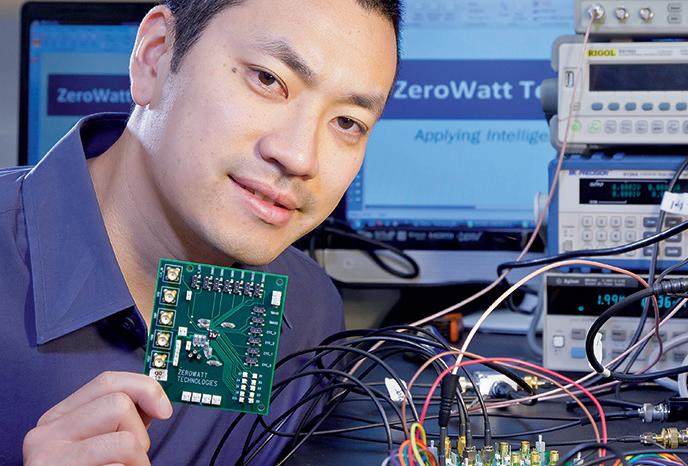
The Samueli School offers both master’s and doctoral degrees. Students with a bachelor’s degree can apply directly to the doctoral degree program and may be awarded a master’s degree after fulfilling the appropriate requirements. Students can also opt to pursue a terminal master’s degree.

Generally, applications are accepted for fall quarter only, depending on the program. Before applying, it is strongly recommended that you consult the website of the program you intend to apply to in order to learn more program-specific information that may be important for your application. This includes application deadlines, which vary by program.
https://grad.uci.edu/admissions/applying-to-uci/

The following list serves as a guideline to assist in the gathering of documents required for a complete application:
• Online application (including statement of purpose)
• Application fee
• Official report of GRE scores may be required for some programs
• Official report of TOEFL or IELTS scores (if applicable)
• Scanned transcripts for all institutions attended since high school
• Three letters of recommendation
For more information on eligibility, please visit: https://grad.uci.edu/admissions/application-fee-fee-waivers/
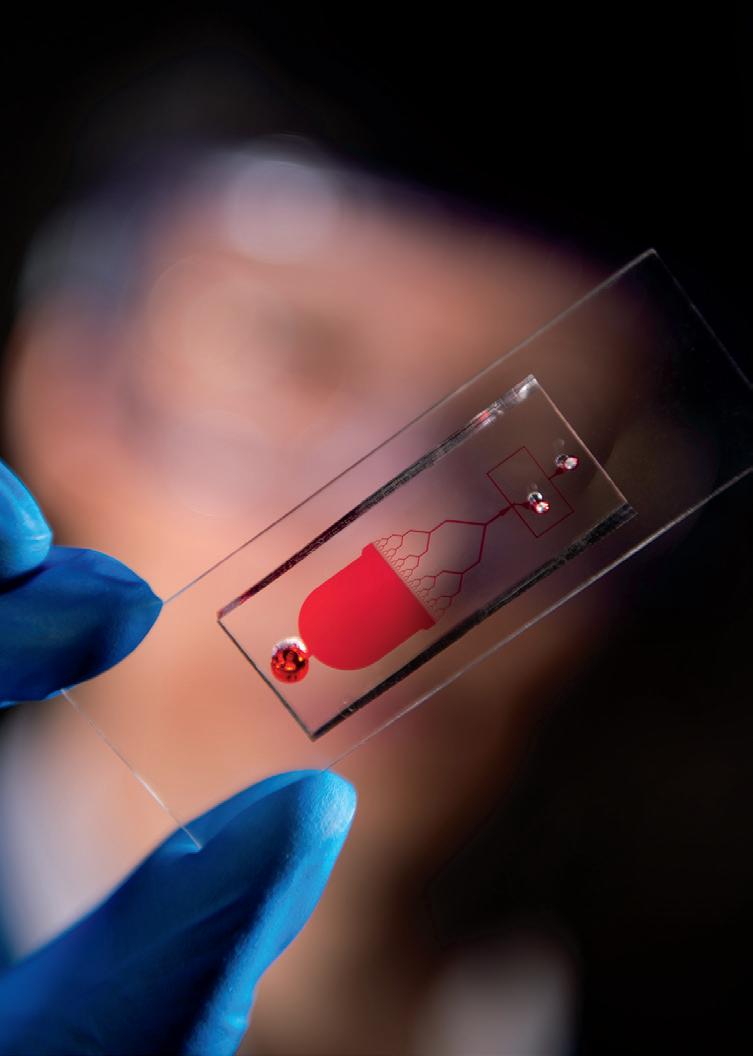
Various forms of merit-based financial aid are available to graduate students, with priority given to students admitted to the doctoral program. Many doctoral students receive full financial support that covers their fees, tuition and health insurance, and provides a competitive stipend. Funding is available in the form of fellowships, teaching assistantships and research assistantships. All full-time Ph.D. admitted students receive full financial support (tuition/fees, nonresidential supplemental tuition, health insurance, and stipend/salary). Financial offers are guaranteed for up to four years, as long as the student is making satisfactory progress.
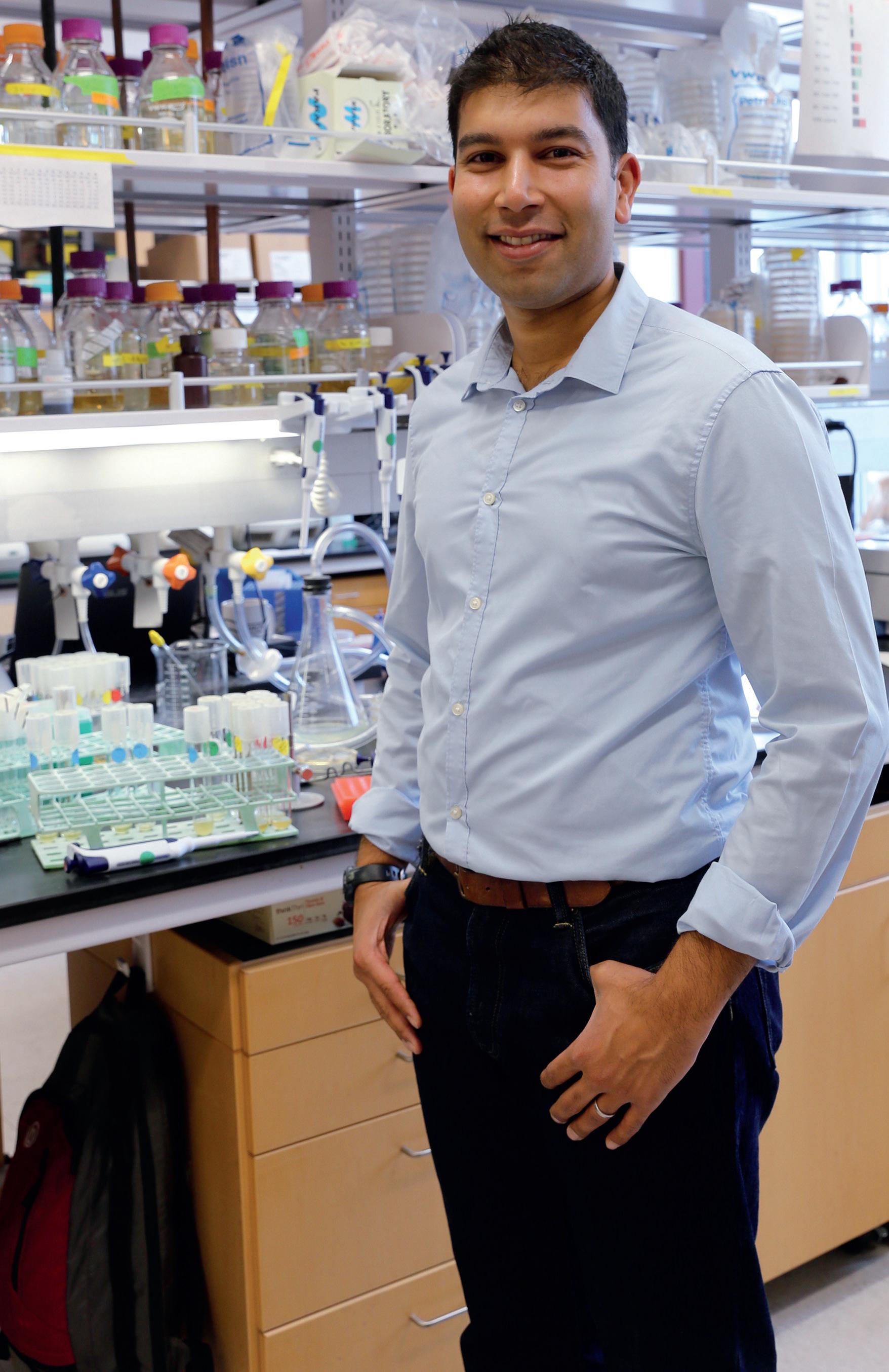
All domestic and permanent resident applicants should submit the Free Application for Federal Student Aid (FAFSA) by the deadline. Completing the FAFSA will allow the University to evaluate students for any financial aid, merit or need-based. More information on the FAFSA can be found at www.fafsa.ed.gov.
Part-time study consists of one to eight units per quarter (typically this equates to one or two classes). Domestic or permanent resident master’s students are eligible to petition for part-time study. Doctoral students and international students are not eligible for part-time study.
Biomedical Engineering - M.S., Ph.D.
Chemical and Biomolecular Engineering – M.S., Ph.D.
Civil and Environmental Engineering – M.S., Ph.D.
Computational Science Joint Doctoral Program
Electrical and Computer Engineering – M.S., Ph.D.
Engineering with a Concentration in Environmental Engineering – M.S., Ph.D.
Materials Science and Engineering – M.S., Ph.D.
Mechanical and Aerospace Engineering – M.S., Ph.D.
Networked Systems – M.S., Ph.D.
Master of Embedded & Cyber-Physical Systems (MECPS)
Master of Engineering (M.Eng)
Master of Engineering Management (MSEM)
ADDITIONAL WEBSITES OF INTEREST
The goal of the UCI biomedical engineering program is to train students for 21st century jobs in the biomedical and biotechnology industries, health care professions and academia. Located at a world-class research university deep in the heart of the nation’s biomedical device and technology capital, we are uniquely positioned to build upon our existing research strengths.
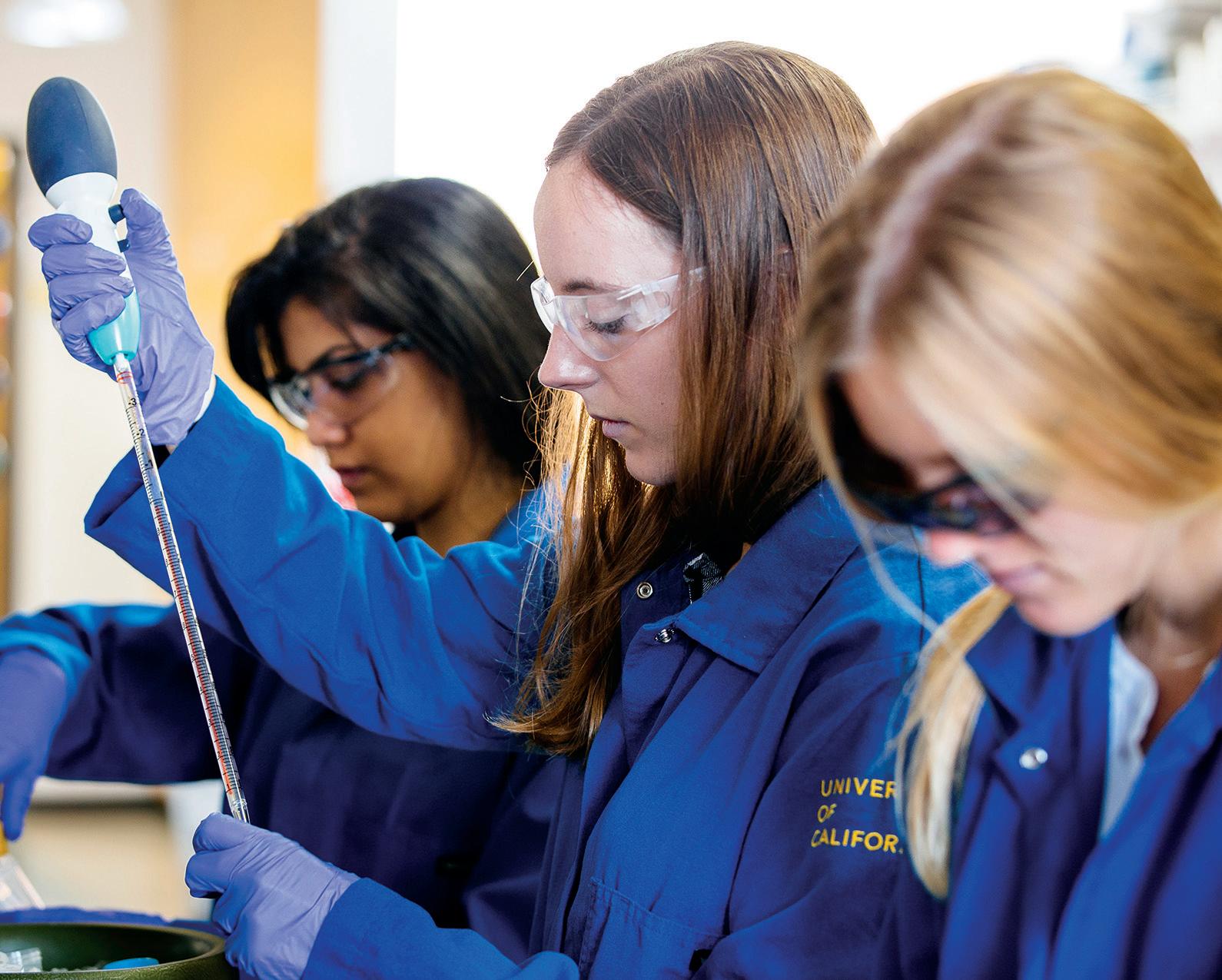
M.Eng Concentration (9 months)
M.S. (2 years)
Ph.D. (4-5 years)
• Guaranteed 4-year Ph.D. funding
• Guaranteed on-campus Ph.D. housing
• Established BME centers with industry partners
• Industry internship opportunities
• Biomedical Computational Technologies
• Biomedical Nanoscale Systems
• Biomolecular/Genetic Engineering
• Biophotonics
• Cardiovascular Engineering
• Neuroengineering
• Tissue Engineering
• Beckman Laser Institute
• Bio-Organic Nanotechnology Lab
• Cardiovascular Innovation and Research Center (CIRC)
• Center for Advanced Design and Manufacturing of Integrated Microfluidics (CADMIM)
• Center for Complex Biological Systems
• Chao Family Comprehensive Cancer Center
• Gavin Herbert Eye Institute
• Integrated Nanosystems Research Facility (INRF)
• Laboratory for Fluorescence Dynamics (LFD)
• NSF-Simons Center for Multiscale Cell Fate Research (CMCF)
• Reeve-Irvine Research Center
• Sue & Bill Gross Stem Cell Research Center
The minimum coursework requirements are six quarters of calculus through linear algebra and ordinary differential equations, three quarters of calculusbased physics, three quarters of chemistry and two quarters of biology.
The requirements for admission are tailored to students who have a bachelor’s degree in an engineering, physical science or biological science discipline with a grade point average of 3.20 or higher in their upper-division coursework.
A minimum score of 94 on the Test of English as a Foreign Language (TOEFL iBT) is recommended of all international students whose native language is not English.
The goal of the UCI chemical and biomolecular engineering program is to develop students’ abilities to solve new and challenging engineering problems and promote their skills in independent thinking and learning in preparation for careers in industry, research and teaching.
These objectives are reached through a program of coursework and research designed by each student with the assistance, advice and approval of a primary faculty adviser and a faculty advisory committee.
M.S. & Ph.D.
• World-class faculty conducting research in energy, biotechnology and macromolecular engineering
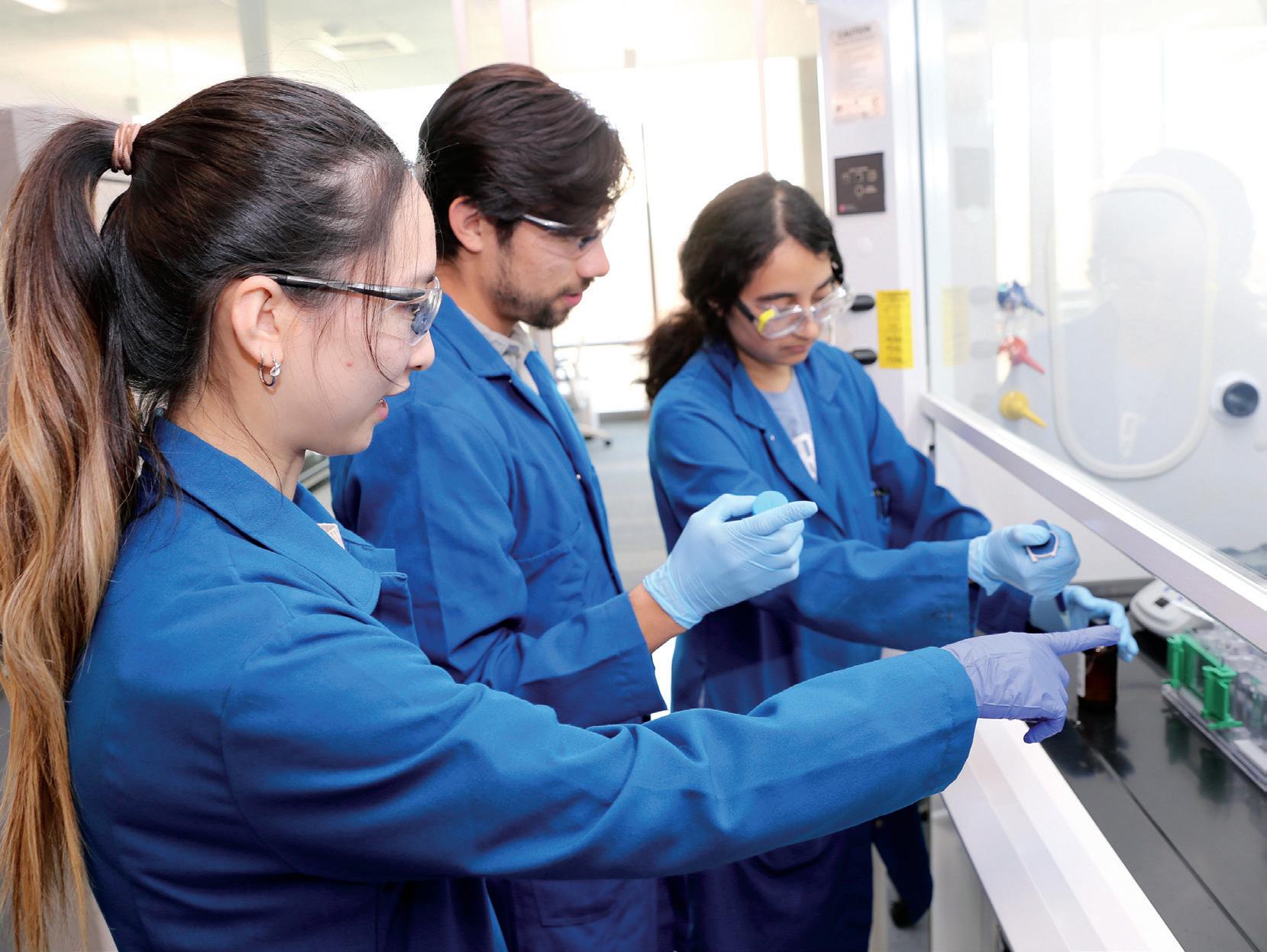
• Highly collaborative, interdisciplinary research culture
• Students publish impactful research articles and are supported by competitive fellowships
• Active, diverse and engaged graduate student body that participates in departmental affairs
• Biomaterials
• Biomedical Computational Technologies
• Biomolecular Engineering
• Energy and Sustainability
• Environment
• Macromolecular Engineering
• Microstructured Materials
• Nanotechnology and Nanoengineering
• Center for Complex Biological Systems
• Flow Cytometry Core Facility
• Genomics High Throughput Facility (GHTF)
• Horiba Institute for Mobility and Connectivity (HIMAC)
• Institute for Design and Manufacturing Innovation (IDMI)
• Integrated Nanosystems Research Facility (INRF)
• Irvine Materials Research Institute (IMRI)
• Laser Spectroscopy Facility
• Mass Spectrometry Facility
• National Fuel Cell Research Center (NFCRC)
• Nuclear Reactor Facility
• Sue and Bill Gross Stem Cell Center
It is strongly recommended that students have background and training in core chemical engineering topics (transport phenomena, thermodynamics and reaction kinetics) as well as a strong background in mathematics, chemistry and physics.
The requirements for admission are tailored to students who have a bachelor’s degree in engineering, physical science or biological science disciplines, and the recommended minimum grade point average is 3.2 in upper-division coursework. Students admitted to the Ph.D. program generally have relevant prior research experience. For international students whose native language is not English, the recommended minimum score on the Test of English as a Foreign Language (TOEFL iBT) is 90.
The civil and environmental engineering program offers a world class education informed by cutting-edge research that provides students the tools to tackle key problems of the 21st century and become leaders in their fields. It teaches the design of infrastructure systems essential for human well-being and economic activity, studies the complex and dynamic interactions between the natural and built environment, and strives to engineer a healthier, more sustainable, resilient and equitable world.
M.S. & Ph.D.
• Instruction and interdisciplinary research with internationally recognized academics developing advanced knowledge and sought-after engineering skills
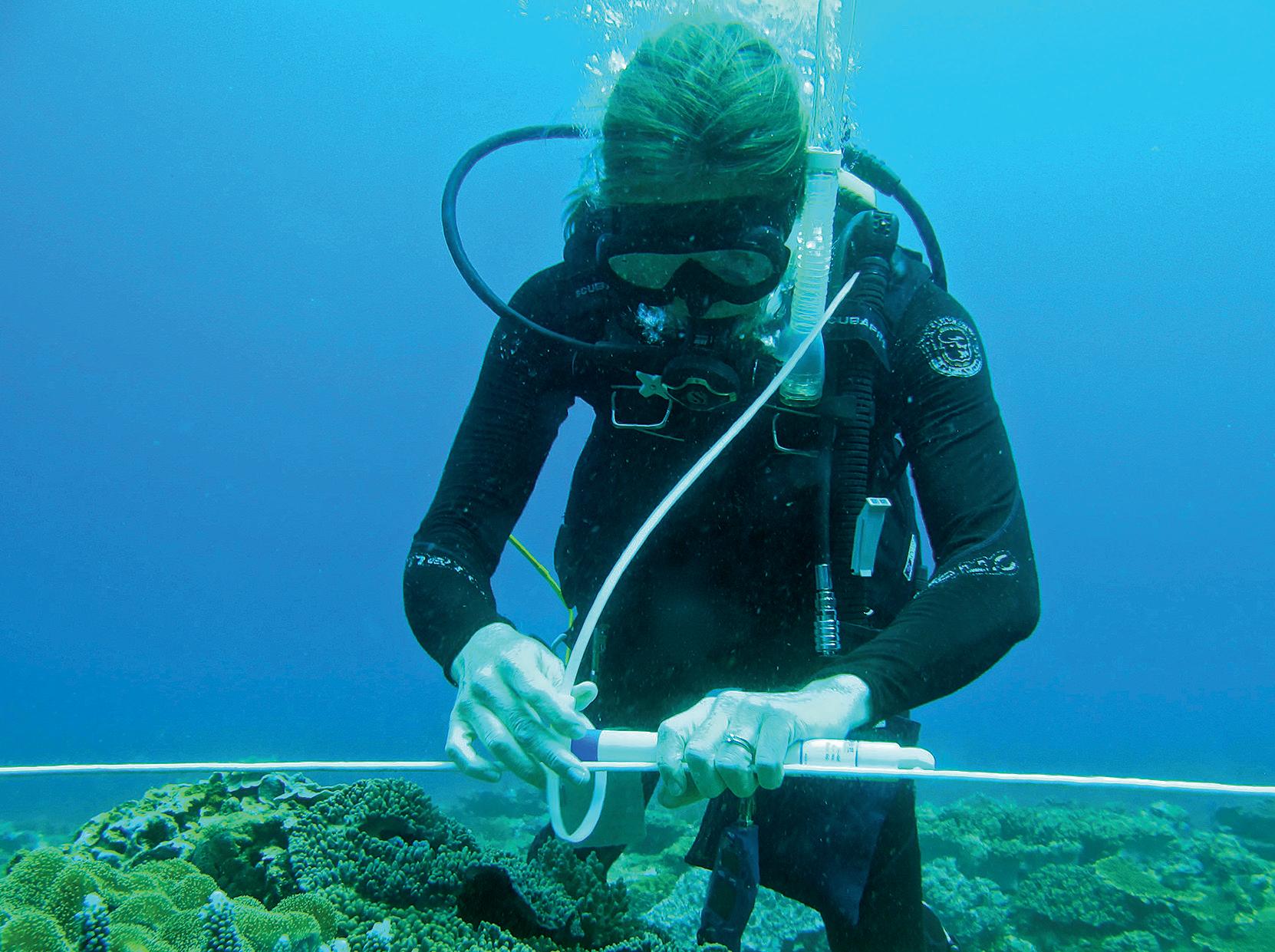
• Financial support through competitive fellowships and assistantships
• Dedicated mentoring, academic and career development, and professional networking
• Structures, Geotechnics and Materials Engineering – includes above- and sub-surface structure and infrastructure design, natural hazard engineering, sustainable and energy efficient construction, engineering mechanics, novel materials, multiscale materials modeling, advanced manufacturing, reliability and risk assessment
• Transportation Systems Engineering – includes traffic operations and management; travel behavior; advanced information technology applications; freight and logistics; micromobility; transportation, energy, air quality and health; e-commerce; and transportation policy
• Hydrology and Water Resources Engineering – includes hydrometeorology, remote sensing, computational fluid dynamics, climate change, water resource management, natural hazards and their societal impacts
• Environmental and Energy Systems – includes transport processes, water and air quality, treatment systems, energy systems, chemical and biological processes, coastal processes, fire science, carbon storage and sustainability
• UCI ranked in the top 10 public universities by U.S. News & World Report seven years in a row
• Irvine named safest city in the U.S. for 16 consecutive years
• Social engagement: student governance, clubs (CEEGA, ITE, Reframing CEE), and competitions (e.g., OC Sustainability Decathlon)
• On-campus residential housing
• Outdoor activities: 15 minutes from the beach and 1.5 hours from ski resorts, easy access to hundreds of biking and hiking trails
• Culture and arts: Segerstrom Center for the Arts, Disneyland, the Getty Museum and the Broad Museum
Students with strong quantitative and analytical skills from a variety of backgrounds are encouraged to apply. Applicants should have a B.S. degree with a grade point average of 3.0 or greater and have taken a set of fundamental engineering courses.
A joint offering with San Diego State University (SDSU), the Ph.D. program in computational science trains professionals to be capable of developing novel computational approaches to solve complex problems in both fundamental sciences, applied sciences and engineering.

This program of study combines applied mathematics, computing and solid training in science and engineering. While courses cover a wide range of topics, the doctoral thesis focuses on one of the topics to be coordinated between the UCI or SDSU advisor and the Ph.D. student.
• World-class faculty conducting research in energy, biotechnology and macromolecular engineering
• Highly collaborative, interdisciplinary research culture
• Students publish impactful research articles and are supported by competitive fellowships
• Active, diverse and engaged graduate student body that participates in departmental affairs
• Biomaterials
• Astronomy
• Biology
• Chemistry
• Computer Science
• Electrical Engineering
• Mechanical and Aerospace Engineering
• Geological Sciences
• Mathematics
• Physics
Applicants must have received a baccalaureate degree in one of the Science, Technology, Engineering, and Mathematics (STEM) fields, with some background in linear algebra, differential equations, statistics and programming in a language such as C or others. Applicants are evaluated based on prior coursework and potential for creative research and teaching.
• Minimum of 18 units of graduatelevel coursework at SDSU.
• Minimum of 24 units of graduatelevel coursework at UCI.
• Minimum of 24 units of combined research, practicum and dissertation research units at either institution.
• Dissertation research is carried out at either UCI or SDSU.
Electrical and computer engineering is a broad field encompassing diverse subject areas.

Knowledge of the mathematical and natural sciences is applied to the theory, design and implementation of devices and systems for the benefit of society.
• Computer Engineering
• Electrical Engineering
Ph.D., M.S., M.Eng Concentration
• A collaborative and diverse environment
• Cutting-edge and interdisciplinary research
• Great location and connections to industry
• Internationally renowned faculty who are experts in their fields
• California Institute for Telecommunications and Information Technology
• Center for Embedded Computer Systems
• Center for Pervasive Communications and Computing
• Integrated Nanosystems Research Facility
• ProperData
• Electronic Devices, Circuits
• Optoelectronics, Microscopy, Nano-optics, Photonics
• NanoBioElectronics & Sensing, MEMS
• Machine Learning
• Communications and Information Theory
• Signal and Image Processing
• Autonomous Systems
• Embedded Systems
• Computer Architecture
• Security and Privacy
Applicants are evaluated based on prior coursework and potential for creative research and teaching.
Minimum score of 80 on the Test of English as a Foreign Language (TOEFL iBT) is recommended of all international students whose native language is not English.
It is strongly recommended that students have a background and training in core engineering topics.
A student who enters the program without adequate undergraduate preparation may be required to complete additional coursework.
Materials and manufacturing technology is concerned with the generation and application of knowledge related to the complex interplay of processing, structural evolution, properties and performance of materials and manufactured products.
MMT has become a key component of engineering education. The recent development of novel manufacturing technologies in the manufacturing process are revolutionizing the way we think about making products.
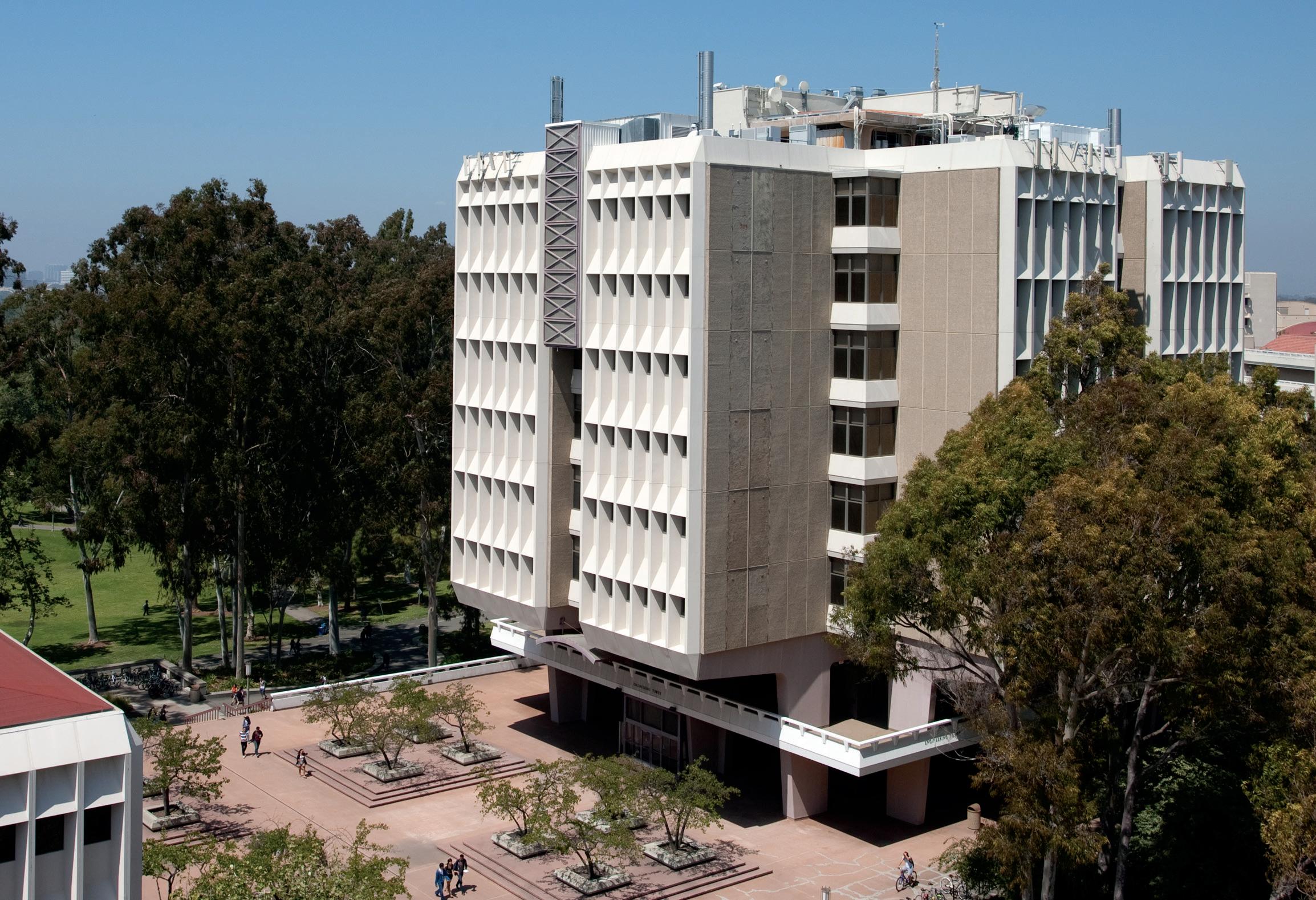
M.S. & Ph.D.
• Interdisciplinary environment
• Integration of materials and manufacturing processes
• Designed to meet the real-world demands and rapid changes in technology
• Great location and connections to industry
• Biomedical and Electronic Manufacturing
• Chemical Processing and Production
• Electronic and Photonic Materials and Devices
• Materials Engineering
• Bio-Organic Nanofabrication Lab
• Institute for Design and Manufacturing Innovation
• Integrated Nanosystems Research Facility
• Irvine Materials Research Institute
Given the nature of materials and manufacturing technology as an interdisciplinary program, students with a background and suitable training in either materials, engineering (biomedical, civil, chemical, electrical and mechanical), or the physical sciences (physics or chemistry) are encouraged to apply.
Recommended background courses include an introduction to materials, thermodynamics, mechanical properties and electrical/optical/ magnetic properties. A student with an insufficient background may be required to take remedial undergraduate courses following matriculation as a graduate student.

The field of materials science and engineering sits at the intersection of chemistry, physics and engineering, with increasing expansion into mathematics, computing, machine learning, manufacturing and imaging, plus economics, sustainability and public policy. MSE is the field that enables all other areas of engineering by understanding – and therefore creating – new and exciting materials that enable faster computers, cleaner energy, more efficient automobiles and airplanes, and so much more!
M.S. & Ph.D.
• Internationally renowned faculty and researchers, academy members and professional society fellows
• Equitable learning environment, with a focus on novel and inclusive teaching practices
• Highly collaborative and crossdisciplinary research environment
• Strong engagement with industrial, governmental and national laboratory communities
• Advanced Microscopy, Spectroscopy and Materials Characterization
• Advanced, Agile and Additive Manufacturing
• Biomaterials, and Bioinspired and Self-Assembled Materials
• Compositionally Complex Materials
• Green Engineering and Sustainable Materials
• Macromolecular and Soft Materials Systems
• Materials for Energy Conversion and Storage
• Materials for Structural Applications and Extreme Environments
• Micro/Nano-Architected Materials
• Modeling, Theory and Computational Approaches to Materials Science and Engineering
• Nanoscale, Nanostructured and Functional Materials
• Modeling, Theory and Computational Approaches to Materials Science and Engineering
The Department of Materials Science and Engineering values different experiences, perspectives and cultures. It strives to create a welcoming and respectful environment for all, while supporting diversity and inclusive excellence, opportunities for first-generation students and veterans, mentoring and outreach, and work-life balance.
• Advanced Casting Research Facility (ACRC)
• Advanced Power and Energy Program (APEP)
• Institute for Design and Manufacturing Innovation (IDMI)
• Integrated Nanosystems Research Facility (INRF)
• Irvine Materials Research Facility (IMRI)
• Laboratory for Fluorescence Dynamics
• Laser Spectroscopy Facility
• Mass Spectrometry Facility
• Materials Discovery and Synthesis Center (MDSC)
• National Fuel Cell Research Facility (NFCRC)
• NSF Materials Research Science and Engineering Center (MRSEC)
• Nuclear Reactor Facility
• World Institute for Sustainable Development of Materials (WISDOM)
The mechanical and aerospace engineering programs offer an outstanding selection of courses that combine fundamentals with the latest technological advances in a variety of fields.
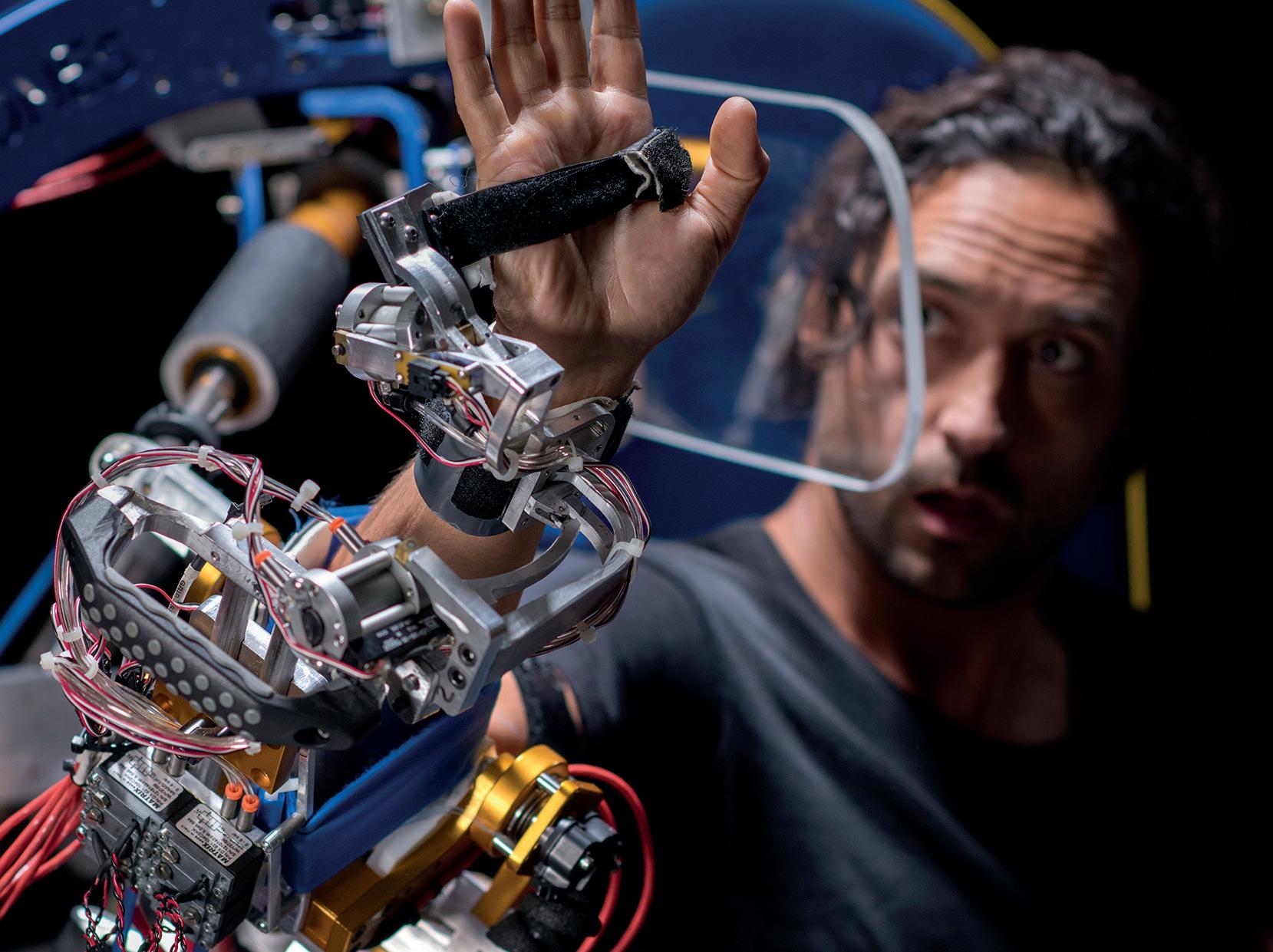
Students receive a superb educational experience that stimulates knowledge, discovery, creativity and technology development.
Ph.D., M.S., M. Eng Concentration
• Highly interdisciplinary research
• Faculty who are world experts and have received top distinctions in their fields
• Financial support through fellowships and assistantships
• Dedicated mentoring, and academic and professional guidance from faculty
• Dynamics and Controls
• Fluid Dynamics and Propulsion
• Thermal and Transport Sciences
• Mechanics of Materials and Structures
• Systems and Design AFFILIATED FACILITIES
• Advanced Power and Energy Program (APEP)
• Center for Advanced Design and Manufacturing of Integrated Microfluidics (CADMIM)
• Institute for Design and Manufacturing Innovation (IDMI)
• Integrated Nanosystems Research Facility (INRF)
• National Fuel Cell Research Center (NFCRC)
• UCI Combustion Laboratory
The requirements for admission are tailored to students who have a bachelor’s degree in an engineering or physical science discipline with a grade point average of 3.30 (M.S.) or 3.50 (Ph.D.).
A minimum score of 95 on the Test of English as a Foreign Language (TOEFL iBT) is recommended of all international students whose native language is not English.
The networked systems program provides education and research opportunities to M.S. and Ph.D. students in the areas of computer and telecommunication networks.

Networked systems include the internet, cell phone networks, cable television networks, wireless networks, sensor networks, Internet of Things and other emerging networks.
M.S. & Ph.D.
• Interdisciplinary environment
• Top rated by academic analytics
• Excellent record of placing graduates
• Great location and connections to industry
• Network Architecture and Protocols
• Network Security
• Multimedia Protocols
• Middleware
• Wireless Networks
• Mobile Systems
• Internet of Things (IoT)
• Network Embedded Systems
• Net Neutrality
• Network Privacy
• Sensor Networks
Applicants who do not hold a bachelor’s degree in computer science, computer engineering or electrical engineering may be required to take supplementary coursework to obtain and demonstrate sufficient background in the field. Applicants are evaluated based on their prior academic record and their potential for creative research and teaching, as demonstrated in their application materials including university transcripts, letters of recommendation and a statement of purpose.
The graduate program in networked systems includes core, breadth and concentration courses. Core courses are taken by all networked systems students and form a foundation for networking topics. Breadth courses may be selected from computer science & engineering courses (including cryptography, data management and structures, algorithms and random processes) and from management and applications of technology (including security and privacy, social analysis and network theory). Concentration courses may be selected from courses in networks, performance, middleware and communications.
Cyber-physical systems (CPS) are a broad range of complex, multidisciplinary, next-generation engineered systems that integrate embedded computing technologies (sensors and actuators) and computational algorithms into the physical world.
Embedded and cyber-physical systems are entrenched in almost every aspect of our daily lives, resulting in billions of connected devices in use worldwide.

UC Irvine is the first university in the U.S. to offer a professional graduate degree in CPS. The Master of Embedded and Cyber-Physical Systems (MECPS) is designed to train students in the foundation, skills and hands-on practices of embedded and cyberphysical systems design, optimization and evaluation.
This is a full-time program lasting four quarters plus summer. Coursework includes nine foundational courses with lectures and laboratory, and two project courses leading to a final project. Recent upgrades to the curriculum offer students two new courses: IOT Systems & Software and Special Topics in CPS.
• Bachelor’s degree in computer engineering, computer science or electrical engineering. Students from other disciplines are also considered for admission if they can demonstrate sufficient background in the basics of embedded systems.
• Undergraduate G.P.A. must be 3.0 or better on a 4.0 scale
• TOEFL (minimum score of 80) or other evidence of English language proficiency
• Online application
• Application fee
• Official university transcripts from every college attended
• Three letters of recommendation
• Statement of purpose LEARN
The Master of Engineering (M.Eng) program is an accelerated one-year professional degree that provides technical and entrepreneurial coursework to train the next generation of engineering leaders. The M.Eng program focuses on preparing students to leverage their degree, and instills valuable skills and habits to support career progression. Graduates enter the workforce with higher salaries than those with an undergraduate degree and are able to advance faster. The program includes an industryled capstone project and provides
fellowship, professional development and networking opportunities. Graduates are prepared for employment in industry, as technical managers in large companies or entrepreneurs starting their own enterprise.
Experience personalized, professional career advising.
Explore jobs and industries through custom events.
Gain interview, presentation and negotiation techniques.
CONNECT Engage with industry and alumni to build networks.

The M.Eng program gives students integrative knowledge of systems as well as hands-on experience in an applied domain through technical electives and a capstone project. The program features entrepreneurship and leadership training that sharpens workplace skills and provides basic knowledge of product conception, development and launch. The three-quarter program can be extended to five quarters.
The program cumulates in an industryled experiential learning project that gives students the opportunity to innovate, manage, lead and explore. Interdisciplinary student teams are paired with corporate and start-up partners to learn how to manage projects in a results-driven environment. Projects are two quarters.
